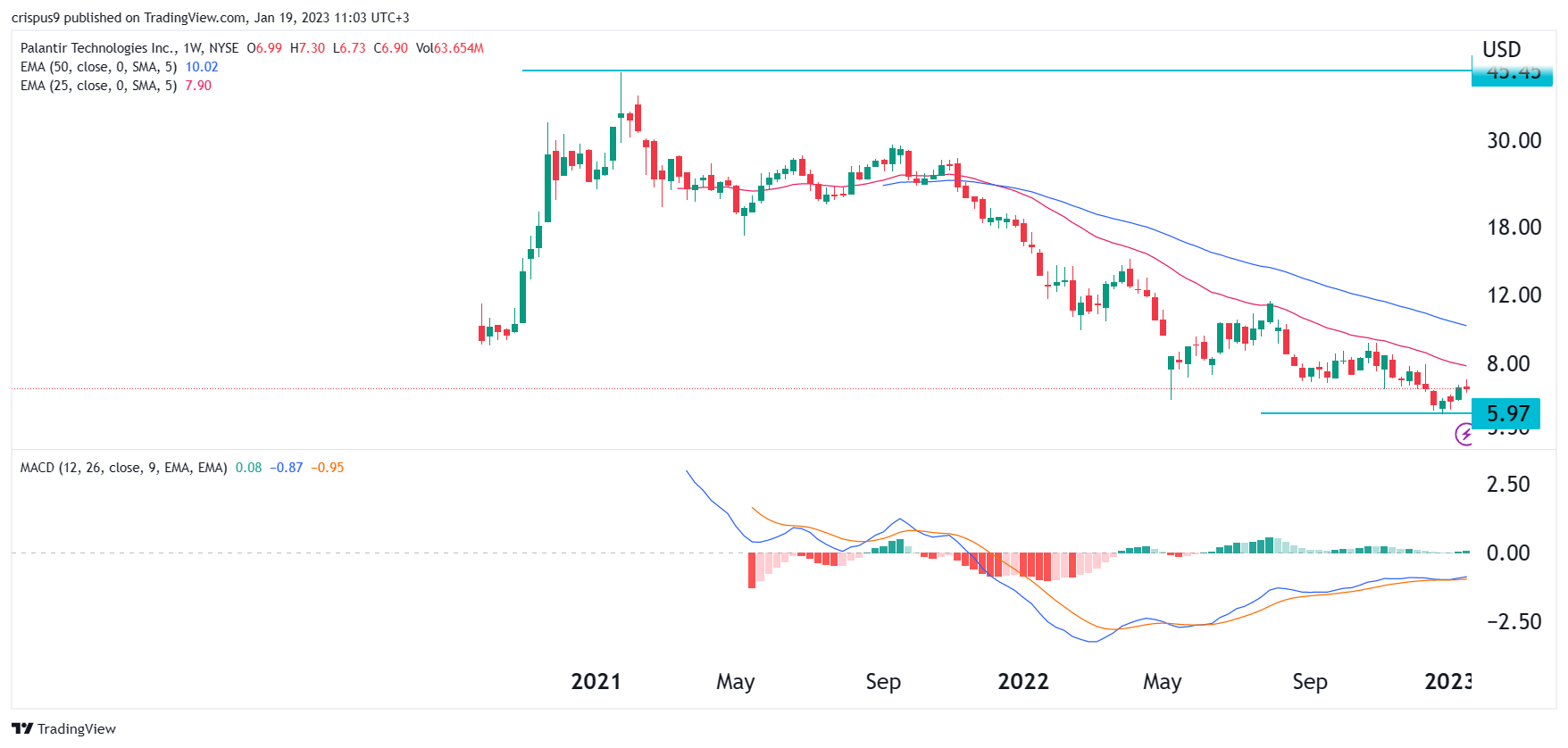Is Jeanine Pirro Right? Should You Ignore The Stock Market Now?

Table of Contents
Conservative commentator Jeanine Pirro's recent pronouncements about the stock market have ignited a firestorm of discussion. Her strong opinions have led many to question whether now is the time to completely disengage from stock market investing. This article examines her arguments, the current market conditions, and ultimately, helps you decide whether to ignore the stock market or adjust your investment strategy accordingly.
Jeanine Pirro's Arguments: Understanding Her Perspective
Jeanine Pirro, known for her outspoken views, has expressed significant concerns about the current state of the stock market. While specific quotes require referencing her exact statements (easily found via reputable news sources and her public appearances), her general arguments typically revolve around concerns about economic instability.
- Inflationary pressures: Pirro likely highlights the impact of rising inflation on investment returns, eroding the purchasing power of savings and potentially leading to losses.
- Geopolitical uncertainty: She might point to international conflicts and political instability as major factors contributing to market volatility and uncertainty.
- Government policies: Her concerns could extend to the impact of government policies – fiscal and monetary – on the stock market's overall performance and long-term prospects.
- Target audience: Her message primarily resonates with conservative investors who are risk-averse and prioritize capital preservation over aggressive growth.
Current Market Conditions: A Realistic Assessment
The stock market is a dynamic entity, and its current state requires a nuanced understanding. While any analysis is a snapshot in time, several key factors influence the overall investment climate:
- Inflation rates: Current inflation figures (source needed here – cite a reliable economic data source) are crucial in evaluating the market's performance and future trajectory. High inflation generally negatively impacts stock valuations.
- Interest rates: Federal Reserve interest rate decisions (source needed here – cite Federal Reserve website or a reputable financial news source) significantly influence borrowing costs and investor sentiment. Higher rates can curb economic growth and dampen stock market enthusiasm.
- GDP growth: The rate of Gross Domestic Product growth (source needed here – cite a reliable economic data source like the Bureau of Economic Analysis) provides insights into the overall health of the economy. Strong GDP growth usually supports a bullish market.
- Market trends: Currently, the market might be exhibiting bullish, bearish, or sideways trends (source needed here - cite a reputable financial index like the S&P 500). Identifying the prevailing trend is crucial for making informed decisions.
- Major events: Geopolitical events, such as wars or international tensions, and significant corporate news (mergers, acquisitions, earnings reports) all impact market sentiment and volatility.
Alternative Investment Strategies: Beyond Ignoring the Market
Completely ignoring the stock market isn't the only option. Several strategies allow for participation while mitigating risk:
- Diversification: Spreading investments across different asset classes (stocks, bonds, real estate, commodities) and geographic regions reduces overall portfolio risk. International diversification helps mitigate the impact of events specific to one country's market.
- Dollar-cost averaging: Investing a fixed amount of money at regular intervals, regardless of market fluctuations, reduces the impact of market timing. This strategy averages out the cost per share over time.
- Risk assessment and tolerance: Understanding your personal risk tolerance – conservative, moderate, or aggressive – is essential. Your investment strategy should align with your comfort level with potential losses.
- Seeking professional financial advice: Consulting a certified financial advisor provides personalized guidance based on your individual financial goals, risk tolerance, and time horizon.
The Role of Risk Tolerance in Investment Decisions
Your risk tolerance significantly impacts how you should respond to comments like Jeanine Pirro's.
- Conservative investors: These investors prioritize capital preservation and may be more inclined to heed cautionary advice, potentially shifting towards lower-risk investments.
- Moderate investors: They seek a balance between risk and return, potentially adjusting their portfolio allocation based on market conditions. They might reduce exposure to riskier assets.
- Aggressive investors: These investors are comfortable with higher risk for potentially greater returns. They might view market downturns as buying opportunities.
- Personal financial goals: Your investment decisions should always align with your long-term financial goals, such as retirement planning or buying a home.
The Dangers of Ignoring Market Trends Entirely
While caution is warranted, completely ignoring the stock market carries potential drawbacks:
- Missed opportunities: Ignoring the market means potentially missing out on periods of significant growth and returns.
- Inflation erosion: Keeping savings solely in cash or low-yield instruments allows inflation to erode their purchasing power over time.
- Staying informed: Regularly monitoring market trends, even if you're not actively trading, allows you to adapt your strategy and make better decisions when needed.
Conclusion
Jeanine Pirro's concerns regarding the stock market are understandable, given current economic uncertainties. However, completely ignoring the stock market might not be the optimal solution for everyone. The best approach involves a careful analysis of your individual risk tolerance, diversifying your investments across various asset classes, and considering professional financial advice to craft a strategy that aligns with your financial goals. Don't ignore the stock market impulsively; instead, make informed investment decisions based on a thorough understanding of market realities and your personal financial situation. Take control of your financial future with a well-informed investment strategy.

Featured Posts
-
 Should You Buy Palantir Stock Before May 5th A Prudent Investors Guide
May 10, 2025
Should You Buy Palantir Stock Before May 5th A Prudent Investors Guide
May 10, 2025 -
 Bangkok Post Growing Calls For Transgender Equality In Thailand
May 10, 2025
Bangkok Post Growing Calls For Transgender Equality In Thailand
May 10, 2025 -
 Uk To Tighten Student Visas Concerns For Pakistani Students And Asylum Applications
May 10, 2025
Uk To Tighten Student Visas Concerns For Pakistani Students And Asylum Applications
May 10, 2025 -
 Four New Theories On Randall Flagg That Redefine Your Understanding Of Stephen Kings Work
May 10, 2025
Four New Theories On Randall Flagg That Redefine Your Understanding Of Stephen Kings Work
May 10, 2025 -
 Vizit Soyuznikov V Kiev 9 Maya Polniy Spisok Gostey
May 10, 2025
Vizit Soyuznikov V Kiev 9 Maya Polniy Spisok Gostey
May 10, 2025
